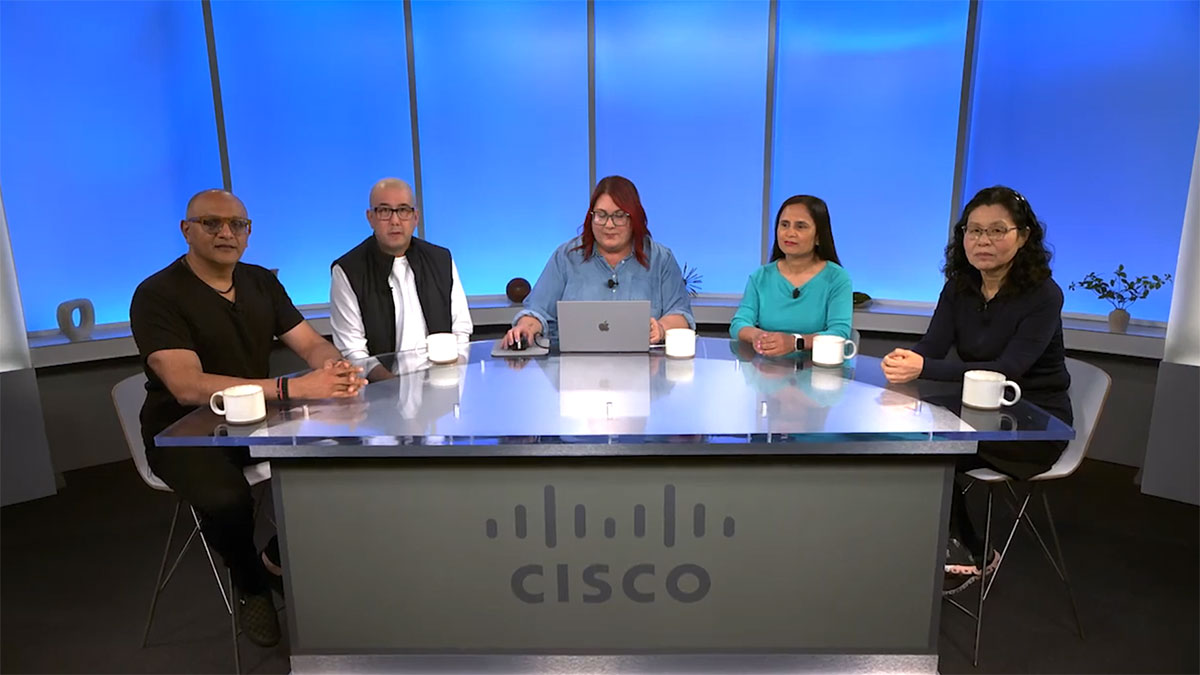LONDON, UK -- November 4, 1998 -- One in five small European companies has effectively rejected technology, leaving themselves dangerously vulnerable to failure, according to new research which shows large corporates are now requiring suppliers to match their own IT infrastructures.
While the majority of small businesses are relishing the rewards offered by the latest developments such as the Internet, the "Rejecters" are still flummoxed by the fax machine and uninspired by the PC. They see no benefits for their companies in technology and believe the current pace of business is too fast.
The findings are revealed in a study commissioned by Cisco Systems, the worldwide leader in networking for the Internet. This is the first research to uncover differing typologies among small companies in Europe - as defined by their attitudes to technology and the Internet.
The "Rejecters" are a rare phenomenon in France and the Czech Republic but account for a quarter of UK small businesses and over a third of companies in Germany. Their defiance of new technology will expose them to difficulty sooner rather than later, the research suggests, particularly if their customers are businesses. Large corporates increasingly expect a level of technology integration with their suppliers. Already 30 percent have introduced email, Internet and PC usage as a prerequisite to tender. A further 30 percent expect to introduce this soon.
The vast majority of the "Rejecters" group will fall at the first hurdle. Only 17 percent have Internet access compared to 46 percent in the overall sample. They are also far behind in the adoption of PCs, networks and web sites. Over three quarters of the Rejecters currently fail to share any information electronically with clients or suppliers.
Goran Strandberg, European Director, Small Medium Business, for Cisco Systems said,: "There is a revolution going on in the business world today - and so far these companies have failed to notice. They are missing out on major cost savings, and losing opportunities for revenue generation that this technology can offer. The polarization between small companies in Europe is quite extreme. It is remarkable that as we move into the next millennium we will still have businesses in Europe who have yet to buy a PC."
No pressure from large companies is needed to adapt behavior of the Technophiles group. They are the 18 percent of small businesses in Europe who are fully dependent on technology and excited the new pace of business. They strongly agree that information technology is business critical and reject the view that for small companies it is hard to justify. They believe the investments they have made in technology are already paying back in increased profits.
Almost three quarters of these companies connect all employees to a network and the Internet is adopted beyond simple information collection to deliver customer service. Almost half of these companies introduced email early on in their business development and have used this application for at least three years. Technophiles are found in highest concentrations in UK, Germany and the Czech Republic and are most likely to be involved in the business services sector.
Research organization NOP, who conducted the research for Cisco Systems, identified three further typologies across Europe. Worriers (18 percent) panic that the technological world will plow on without them - and they already fear they are being left behind. They are concerned staff won't grasp new technology as it develops and although they recognise IT is central for survival, they find it difficult to justify particular investments. The highest proportion of Worriers are found in Spain (a third of small companies there) and most commonly represented in the manufacturing sector.
The Internet generation has impacted most dramatically on the "Sharers" who have quickly adapted to the electronic age. They make email central to their business communication with suppliers and clients and identify most strongly with the need to share information. These companies have already begun to take advantage of e-commerce and 80 percent regularly invest in technology.
Finally, NOP identified the "Islands" group - currently the largest proportion of small companies in Europe (23 percent) - and the antithesis of Sharers. They are distinguished by their very low use of email and their hesitance to share information within a network. While they continue to "go it alone" at the moment, they do recognise that in future they must change to survive.
Small business' growing awareness of the potential benefits to their business of technology and the Internet, has led Cisco Systems, to launch its own networking and internet access solutions designed for the small business market.
The Cisco 800 Series, which launches today, effectively offers small companies the chance to benefit from big business-style networking. In one affordable solution, companies receive secure Internet access, their own virtual private network and the option to engage in e-commerce.
The company has also just published a free guide for small businesses, Cisco's Easy Guide to Networking, which explains and illustrates how small companies can benefit from connectivity and the Internet. Copies can be downloaded from http://www.cisco.com/uk/
Cisco Systems
Cisco Systems, Inc. (NASDAQ:CSCO) is theworldwide leader in networking for the Internet.Cisco, Cisco IOS, Cisco Systems and the Cisco Systems logo are registered trademarks of Cisco Systems, Inc. in the U.S. and other countries. All other trademarks mentioned in this document are the property of their respective owners.
NOP was commissioned to conduct a study on small businesses adoption of technology. For the purpose of the study small companies were defined as having between 20 to 100 employees.
Over 600 telephone interviews were conducted amongst small business (420) and large businesses (194) were undertaken by NOP Business during May 1998 in six European countries: UK, France, Germany, Italy, Spain and the Czech Republic. All respondents were the most senior business decision maker within the company, either the owner/partner, managing director or senior directors.




